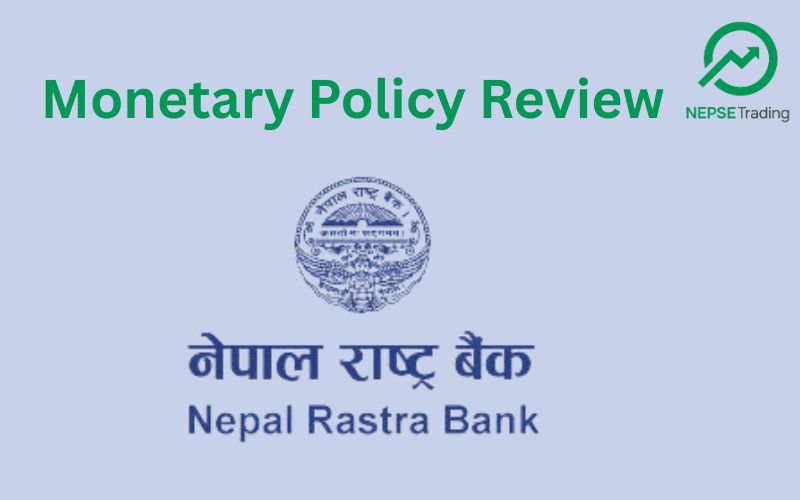By Dipesh Ghimire
Nepal’s Capital Market: Challenges, Reform Proposals, and the Path to Effective Regulation

Nepal’s capital market, while showing signs of gradual maturity, continues to face persistent structural and operational challenges that mirror issues in other global markets. However, experts argue that the true differentiator lies not in the problems themselves—but in how effectively those problems are identified, addressed, and resolved. Referencing author Pierre Filion, who noted that “the real problem is in finding the solution to a problem,” this article explores how Nepal’s capital market can overcome its systemic weaknesses.
Unregulated Analysts Fuel Market Instability
One of the most pressing concerns is the lack of regulation over self-proclaimed market analysts. These individuals often disseminate biased market interpretations driven by personal or affiliated interest, which in turn distorts investor perception and destabilizes trading behavior. To address this, it has been proposed that the Securities Board of Nepal (SEBON) should implement mandatory licensing and clear qualification standards for analysts. Such certification would not only professionalize the field but also protect investors from misleading information.
Limited Broker Functions and Investor Dissatisfaction
In Nepal, brokerage firms are currently limited to only executing buy and sell orders. Compared to global counterparts, this is a significant constraint. Brokers worldwide often provide services such as portfolio management, financial advisory, book-building for IPOs, and registrar and transfer services (RTS). Nepalese brokers have raised repeated demands to expand their operational roles. However, due to regulatory inertia and lack of research, these demands have not been fully addressed. Dissatisfaction among investors continues to grow, as many perceive existing brokers as unprofessional and lacking in client-oriented service delivery.
Strengthening SEBON’s Regulatory Capacity
Inspiration can be drawn from India’s Securities and Exchange Board (SEBI), which has gained global recognition as a powerful and proactive regulatory authority. SEBI has taken strong action against insider trading, improved mutual fund governance, expanded institutional investor participation, and upgraded broker standards. These reforms not only stabilized India’s market but also built investor trust. In 2019, SEBI’s then-chairman Ajay Tyagi was recognized among the world’s top 10 financial regulators.
Nepal’s SEBON must undergo similar transformation. This includes enhancing its technical, legal, and enforcement capacity; hiring competent professionals; and equipping itself with data analytics tools and surveillance technology to detect manipulative practices. Without these improvements, the board will continue to lag behind in its ability to regulate an increasingly complex and dynamic market environment.
Financial Literacy and Public Participation Still Lacking
Despite the capital market being considered a mirror of a nation’s economy, Nepal’s market has yet to reflect true economic momentum. Real-sector companies, with few exceptions, have not entered the capital market through public offerings. Furthermore, general public awareness of the capital market remains low. As a result, market participation is limited, and retail investors often fall prey to rumors and speculation rather than data-driven decision-making.
Therefore, multi-stakeholder collaboration is essential. Financial literacy campaigns must be introduced at community levels, in schools, and through digital platforms. Local governments, regulators, media, and financial institutions must coordinate to improve public understanding of market risks, instruments, and opportunities.









